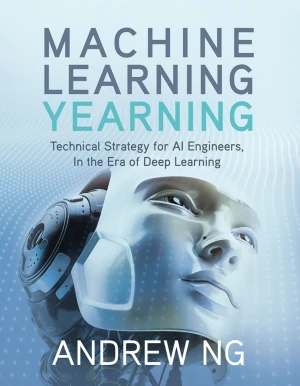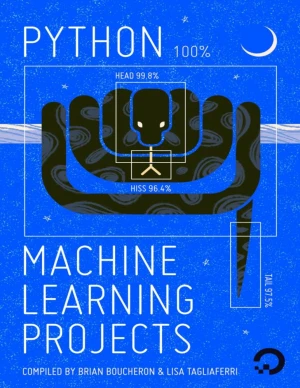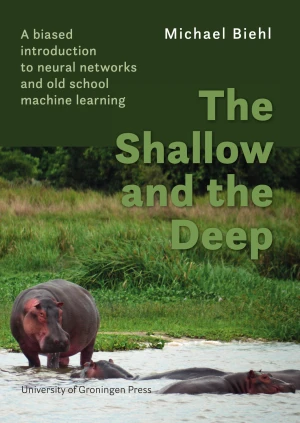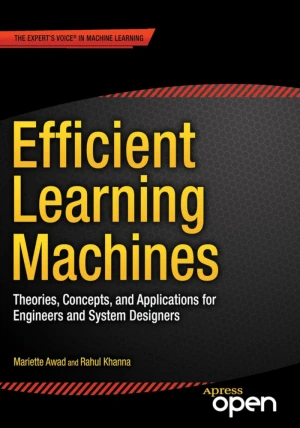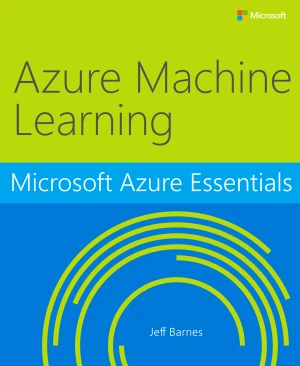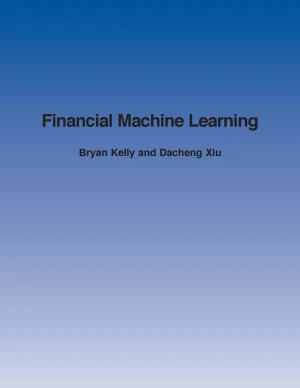Foundations of Machine Learning, 2nd Edition
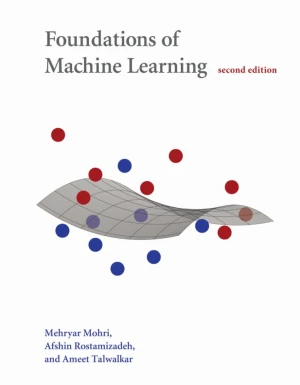
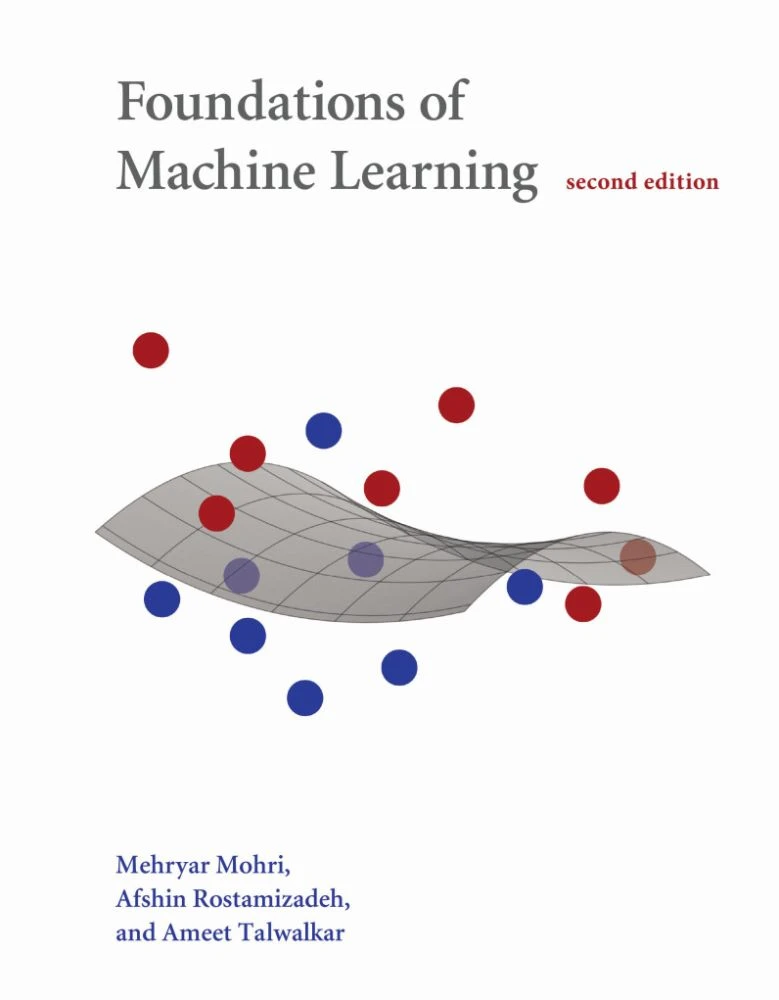
Book Details
| Authors | Mehryar Mohri, Afshin Rostamizadeh, Ameet Talwalkar |
| Publisher | MIT Press |
| Published | 2018 |
| Edition | 2nd |
| Paperback | 505 pages |
| Language | English |
| ISBN-13 | 9780262039406 |
| ISBN-10 | 0262039400 |
| License | Creative Commons Attribution-NonCommercial-NoDerivatives |
Book Description
A new edition of a graduate-level machine learning textbook that focuses on the analysis and theory of algorithms.
This book is a general introduction to machine learning that can serve as a textbook for graduate students and a reference for researchers. It covers fundamental modern topics in machine learning while providing the theoretical basis and conceptual tools needed for the discussion and justification of algorithms. It also describes several key aspects of the application of these algorithms. The authors aim to present novel theoretical tools and concepts while giving concise proofs even for relatively advanced topics.
Foundations of Machine Learning is unique in its focus on the analysis and theory of algorithms. The first four chapters lay the theoretical foundation for what follows; subsequent chapters are mostly self-contained. Topics covered include the Probably Approximately Correct (PAC) learning framework; generalization bounds based on Rademacher complexity and VC-dimension; Support Vector Machines (SVMs); kernel methods; boosting; on-line learning; multi-class classification; ranking; regression; algorithmic stability; dimensionality reduction; learning automata and languages; and reinforcement learning. Each chapter ends with a set of exercises. Appendixes provide additional material including concise probability review.
This 2nd edition offers three new chapters, on model selection, maximum entropy models, and conditional entropy models. New material in the appendixes includes a major section on Fenchel duality, expanded coverage of concentration inequalities, and an entirely new entry on information theory. More than half of the exercises are new to this edition.
This book is available under a Creative Commons Attribution-NonCommercial-NoDerivatives license (CC BY-NC-ND), which means that you are free to copy and distribute it, as long as you attribute the source, don't use it commercially, and don't create modified versions.
If you enjoyed the book and would like to support the author, you can purchase a printed copy (hardcover or paperback) from official retailers.
Download and Read Links
Share this Book
[localhost]# find . -name "*Similar_Books*"
Machine Learning Yearning
AI is transforming numerous industries. Machine Learning Yearning, a free ebook from Andrew Ng, teaches you how to structure Machine Learning projects. This book is focused not on teaching you ML algorithms, but on how to make ML algorithms work. After reading Machine Learning Yearning, you will be able to: - Prioritize the most promising direction
Python Machine Learning Projects
As machine learning is increasingly leveraged to find patterns, conduct analysis, and make decisions - sometimes without final input from humans who may be impacted by these findings - it is crucial to invest in bringing more stakeholders into the fold. This book of Python projects in machine learning tries to do just that: to equip the developers
The Shallow and the Deep
The Shallow and the Deep is a collection of lecture notes that offers an accessible introduction to neural networks and machine learning in general. However, it was clear from the beginning that these notes would not be able to cover this rapidly changing and growing field in its entirety. The focus lies on classical machine learning techniques, wi
Efficient Learning Machines
Machine learning techniques provide cost-effective alternatives to traditional methods for extracting underlying relationships between information and data and for predicting future events by processing existing information to train models. Efficient Learning Machines explores the major topics of machine learning, including knowledge discovery, cla
Azure Machine Learning
This third ebook in the series introduces Microsoft Azure Machine Learning, a service that a developer can use to build predictive analytics models (using training datasets from a variety of data sources) and then easily deploy those models for consumption as cloud web services. The ebook presents an overview of modern data science theory and princ
Financial Machine Learning
Financial Machine Learning surveys the nascent literature on machine learning in the study of financial markets. The authors highlight the best examples of what this line of research has to offer and recommend promising directions for future research. This survey is designed for both financial economists interested in grasping machine learning tool

